Results
-
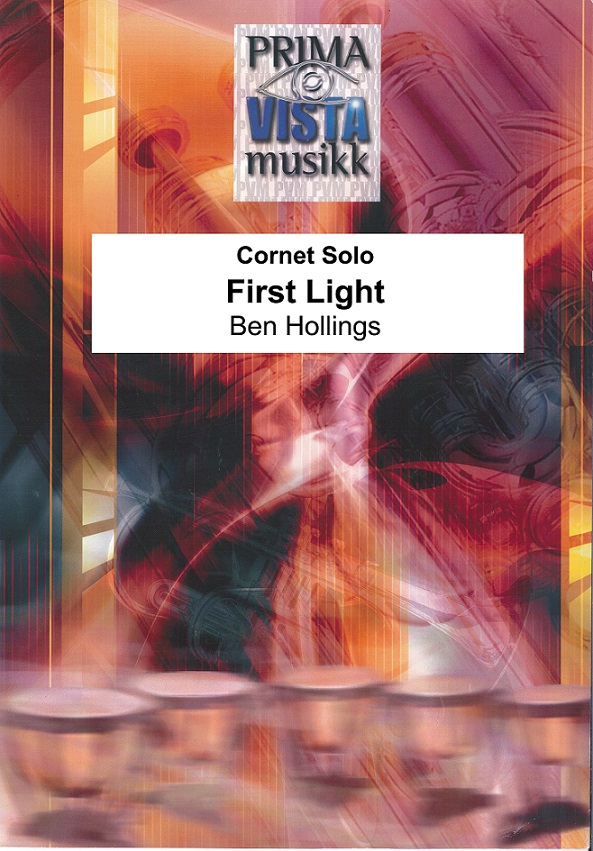 £14.95
£14.95First Light (Score Only)
First Light was written for Kirsty Abbotts and Carlton Main Frickley Colliery Band. A slow lilting melody is presented in the cornet solo and passed between the band and the soloist to create images of the tranquil night before the piece reaches a climactic moment which is meant to represent the beams of light emerging as the sun rises. The theme is then presented in a tutti forte section before arriving at a tranquil finish. First Light is featured on the Kirsty Abbotts and Carlton Main Frickley Colliery Bands CD, A Search for Peace.
Estimated dispatch 7-14 working days
-
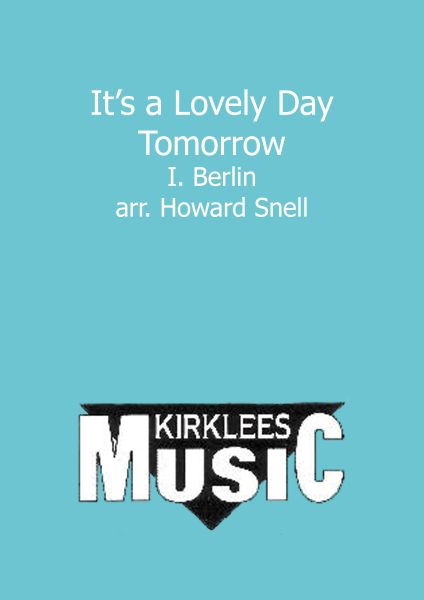 £40.50
£40.50It's a Lovely Day Tomorrow
The 3rd movement of 'An Irving Berlin Suite', this gentle melody is full of warmth and sentiment.
Estimated dispatch 7-14 working days
-
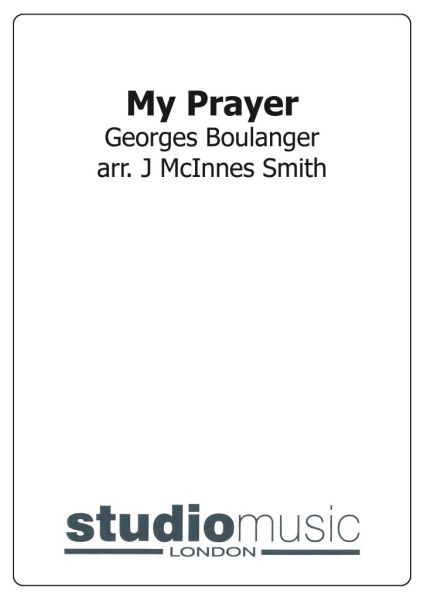 £24.95
£24.95My Prayer
This set is march card sizedFounded on the famous melody Avant de Mourir
Estimated dispatch 7-14 working days
-
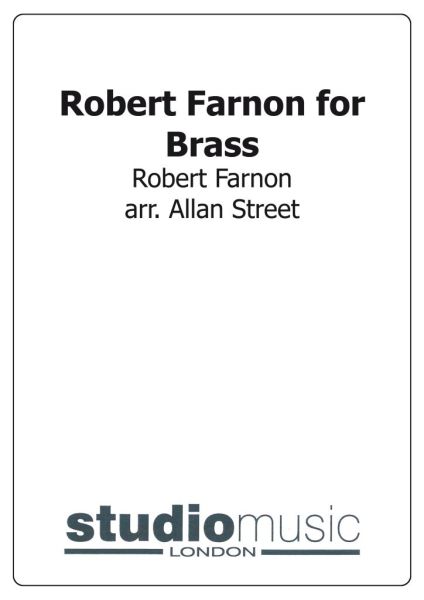 £44.95
£44.95Robert Farnon for Brass
Includes: Here Comes the Band; The First Waltz; Jumping Bean; Journey into Melody; Peanut Polka.
Estimated dispatch 7-14 working days
-
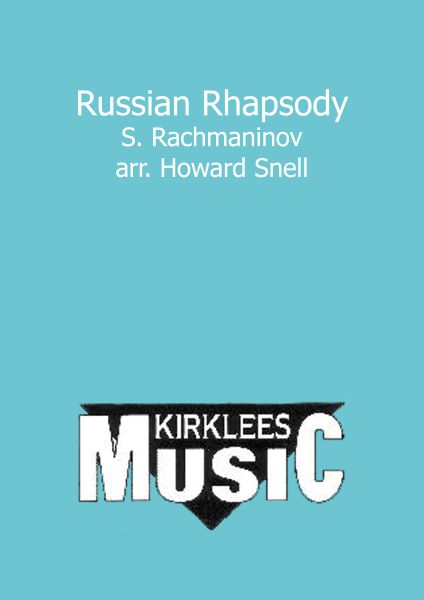 £27.50
£27.50Russian Rhapsody
An early Rachmaninov piece in a very free arrangement best describes this miscellany of melody and dance.
Estimated dispatch 7-14 working days
-
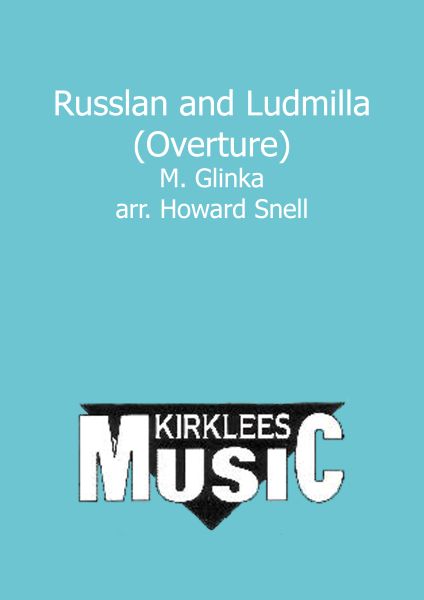 £34.50
£34.50Russlan and Ludmilla (Overture)
Glinka's Overture has everything in terms of excitement, colour and melody, showing why this overture remains firmly in the repertoire to this day.
Estimated dispatch 7-14 working days
-
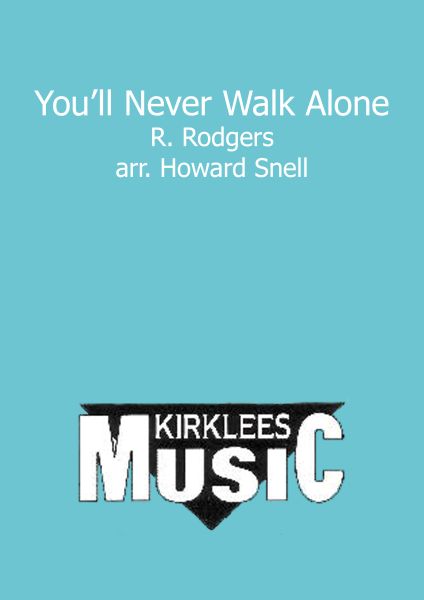 £42.50
£42.50You'll Never Walk Alone
Richard Rodgers' song has achieved a kind of fame never imagined by its composer. As it is a melody deserving of the utmost musical respect, I have treated it as an inspirational anthem and as a hymn.
Estimated dispatch 7-14 working days
-
£32.00
Let's Dance Volume 3 - Gunter Noris
I Love Samba / Just Like You / Have A Nice Day / Let's Do The Jive / Midnight Rendezvous / Montana Melody / Moonlight Fantasy
Estimated dispatch 7-14 working days
